
Earlier today I wrote about a change in tactics overnight by federal law enforcement agents at the Hatfield Federal Courthouse in Portland, which has been under nightly “siege” by Antifa and other rioters for nearly two months. Portland PD has removed itself from the scene at the direction of Democrat Portland Mayor Ted Wheeler. Earlier this month and increased presence of federal law enforcement agents was announced in order to protect the federal property from the ongoing assault by the rioters. Last week federal agents began making arrests, in some instances detaining people on the streets some distance from the Courthouse and taking them to holding facilities inside the Courthouse.
This past Saturday the Oregon Attorney General filed a lawsuit against “10 John Does” — unknown federal law enforcement agents, as well as the Department of Homeland Security and other federal agencies, alleging that the tactics being employed violated the First, Fourth, and Fifth Amendment rights of Oregon citizens. The relief sought in the complaint was a “permanent injunction” prohibiting law enforcement agents from making unlawful/unconstitutional arrests.
Earlier this morning a hearing was held via video conference on a request by the Oregon Attorney General for a Temporary Restraining Order until Oregon’s Motion for a Preliminary Injunction can be heard.
The basic process for this sequence of efforts is as follows:
First, a plaintiff files a complaint, and at the same time makes a separate filing seeking a “temporary restraining order” to go into effect immediately, while the parties prepare their legal papers for a motion seeking a Preliminary Injunction. A hearing on the application for a TRO generally happens very quickly based on the claim by the plaintiff that the illegal conduct complained of is ongoing, and will continue unless stopped by court order. At the time of the TRO hearing, the opposing party — the defendant — usually has not had a chance to investigate and respond to the application in writing but does participate in the hearing. The showing required by the applicant for a TRO is very high — reflecting of the “extreme” nature of the relief sought, and the fact that only the plaintiff has had the opportunity to prepare and file written claims and support for the application.
Whether the TRO is granted or denied, the plaintiff will next file a Motion for Preliminary Injunction. A briefing schedule and hearing date would be set by the Court, and the defendant would file its opposing paperwork according to the schedule. At the request of one or both parties, the Court can establish a short schedule between the date of the filing and the hearing date, with both sides forced to prepare their papers in a very short window of time.
If the Court grants the Preliminary Injunction, then the conduct that is the subject of the complaint would be halted by Court order pending the outcome of the lawsuit.
What took place this morning was the hearing on the application for a TRO by the Oregon AG to force the defendant federal agencies from engaging in the law enforcement activities that are the subject of her federal court lawsuit.
The hearing took place before Judge Michael Mosman. Judge Mosman was first appointed to the Oregon District Court in 2003 by President Bush. From 2001 to 2003, Judge Mosman was the US Attorney for the District of Oregon under President Bush. His chambers and courtroom are located in …. the Hatfield Federal Courthouse in Portland. The Oregon AG may make an effort in the future to seek to have the case moved out of Portland, and have it be handled by one of the federal judges in Eugene — both of whom were appointed by Democrat presidents.
At this point, I see only an AP report on the hearing. During the hearing, Judge Mosman did comment on the affidavit of one individual who was picked up by federal agents off the street, detained at the federal courthouse in a holding cell, and then released without being charged. Judge Mosman said such conduct would seem to meet the “bar” Oregon would need to establish for relief — no legitimate basis or probable cause seemed to exist for that action by the federal agents.
But he also closely questioned the attorneys for the Oregon AG, suggesting he wasn’t yet convinced the “claims” that the arrests lacked “probable cause” were actually established by the evidence Oregon had submitted, and that was a matter upon which Oregon had the burden of persuasion in order to get the temporary relief it was seeking.
It was noteworthy that reports have the United States appearing in opposition not through the US Attorney for the District of Oregon, but rather by David Morrel, Deputy Assistant Attorney General for the Federal Programs Branch of the Civil Division, Department of Justice. The general responsibility of the Programs Branch is to defend any lawsuit brought against the United States or the Departments or Agencies of the Executive Branch. On that basis it is not unusual that the Program Branch would take on defending this case, but the fact that it did so on only about 72 hours notice rather than rely on the US Attorney’s Office in the District is noteworthy. Morrell, as Deputy Assistant Attorney General, is a manager/supervisor in the Programs Branch, not one of the “Trial Attorneys”, and his appearance on behalf of the government is also noteworthy.
Judge Mosman did not grant or deny the TRO from the bench. At some point later today — or at the latest tomorrow — we should see a written opinion or “Electronic Order” issue from him with regard to his decision
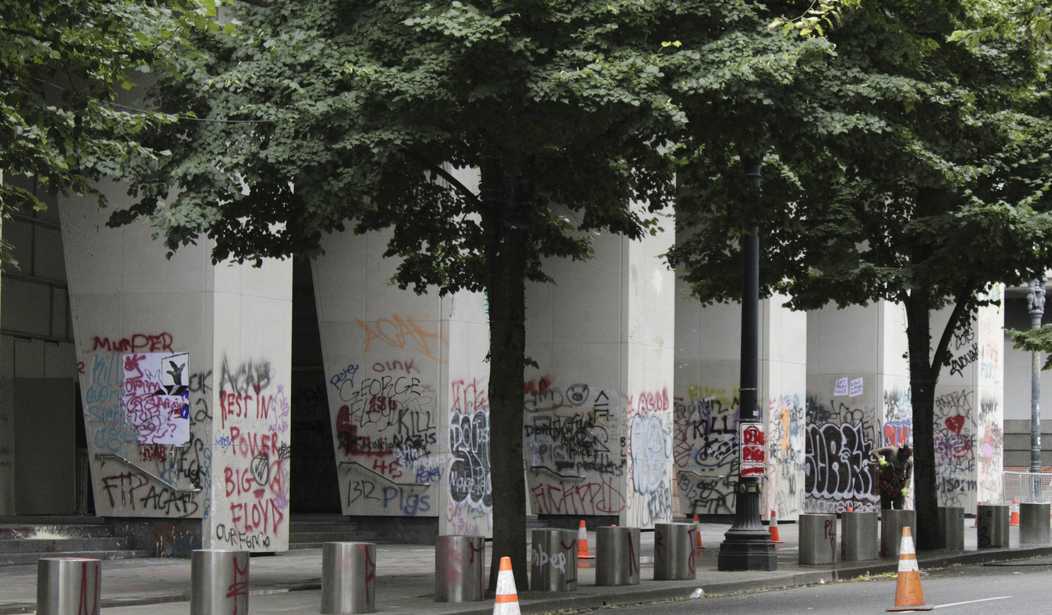




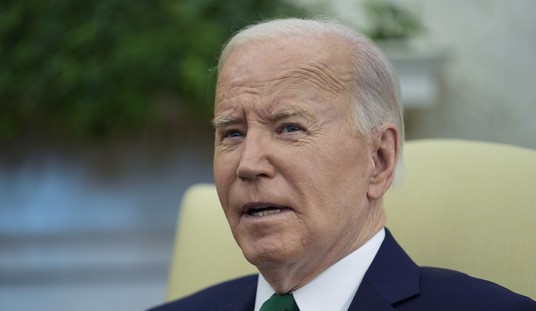




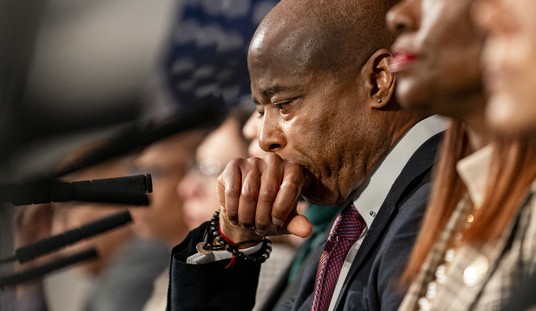

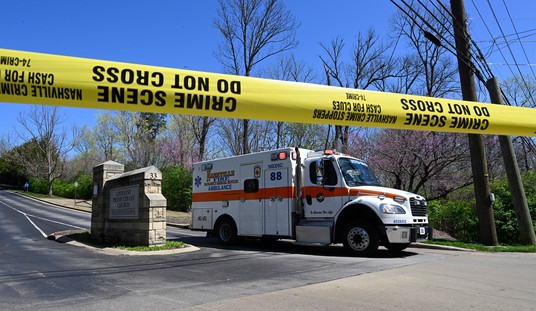
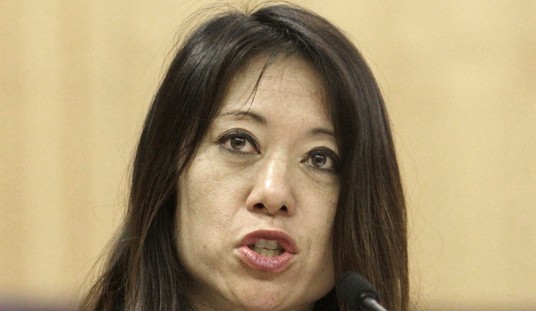
Join the conversation as a VIP Member